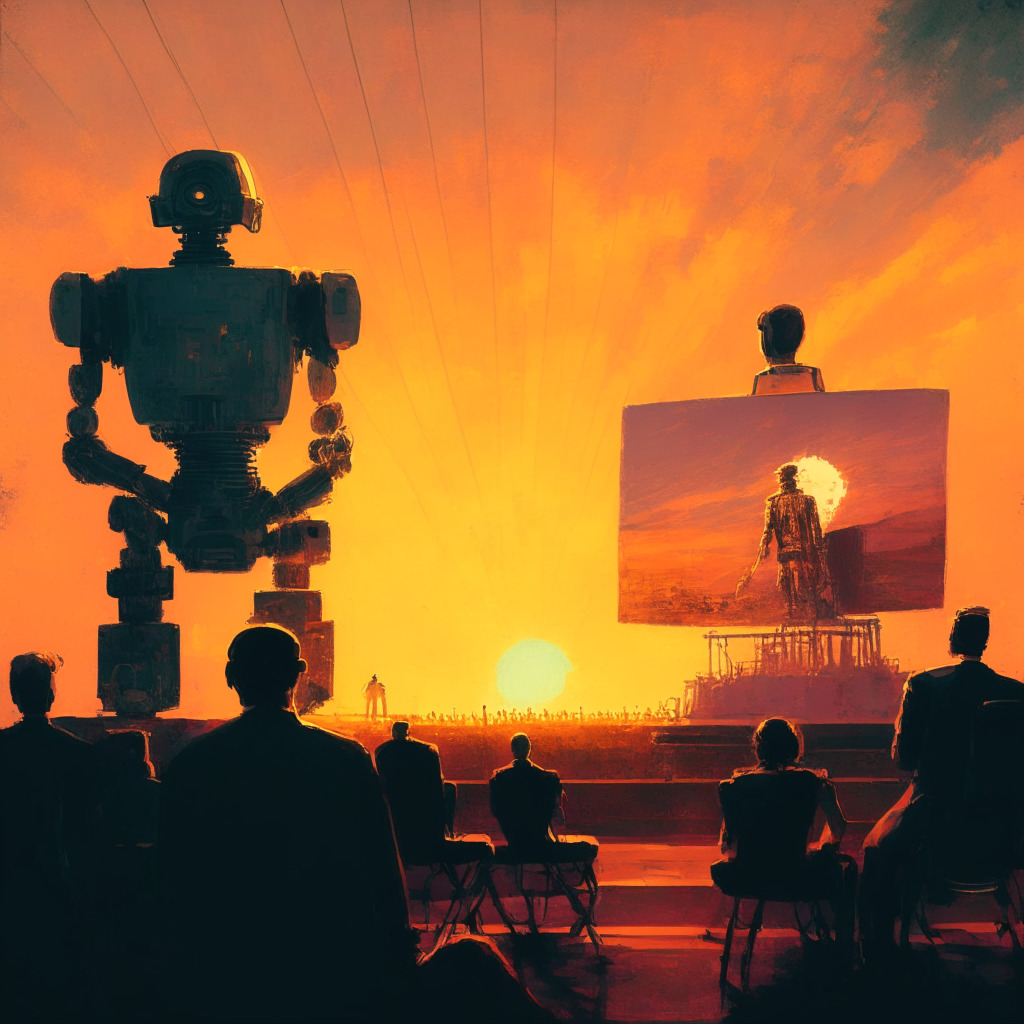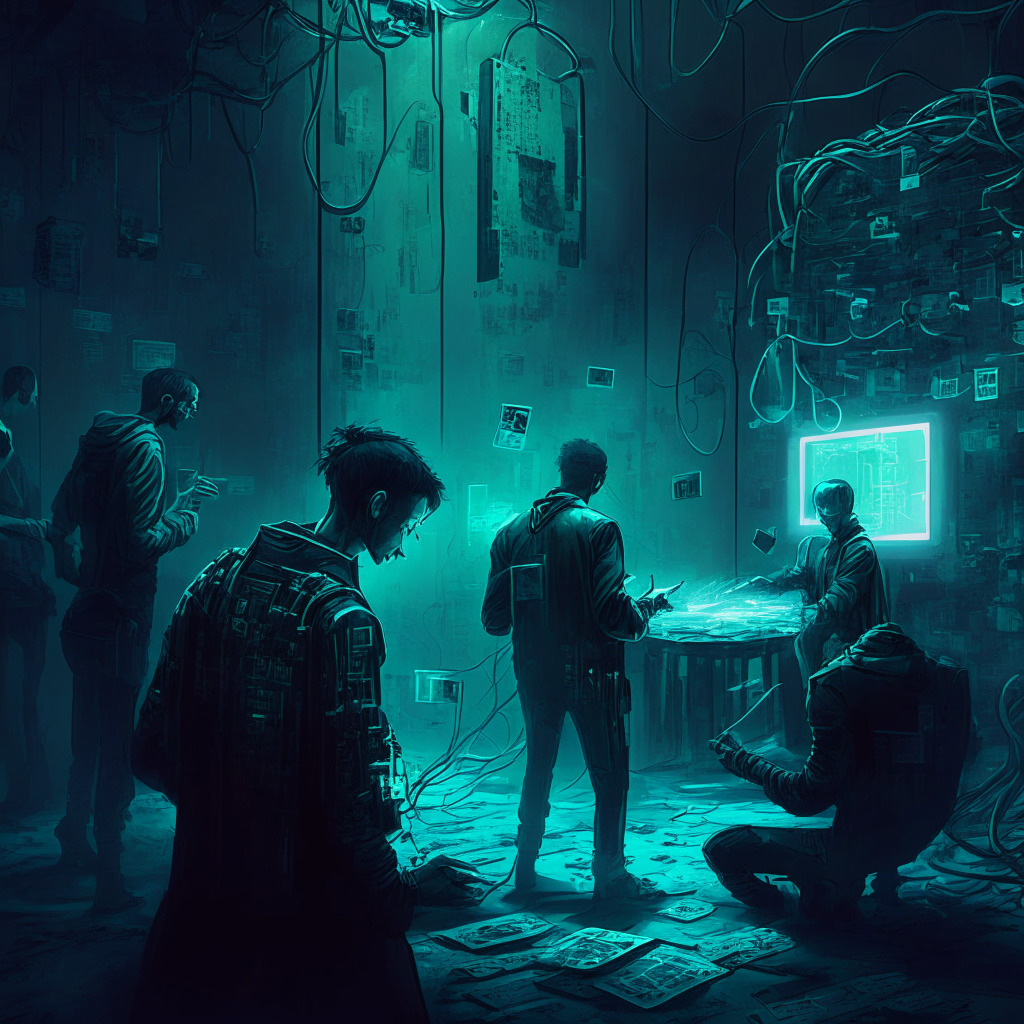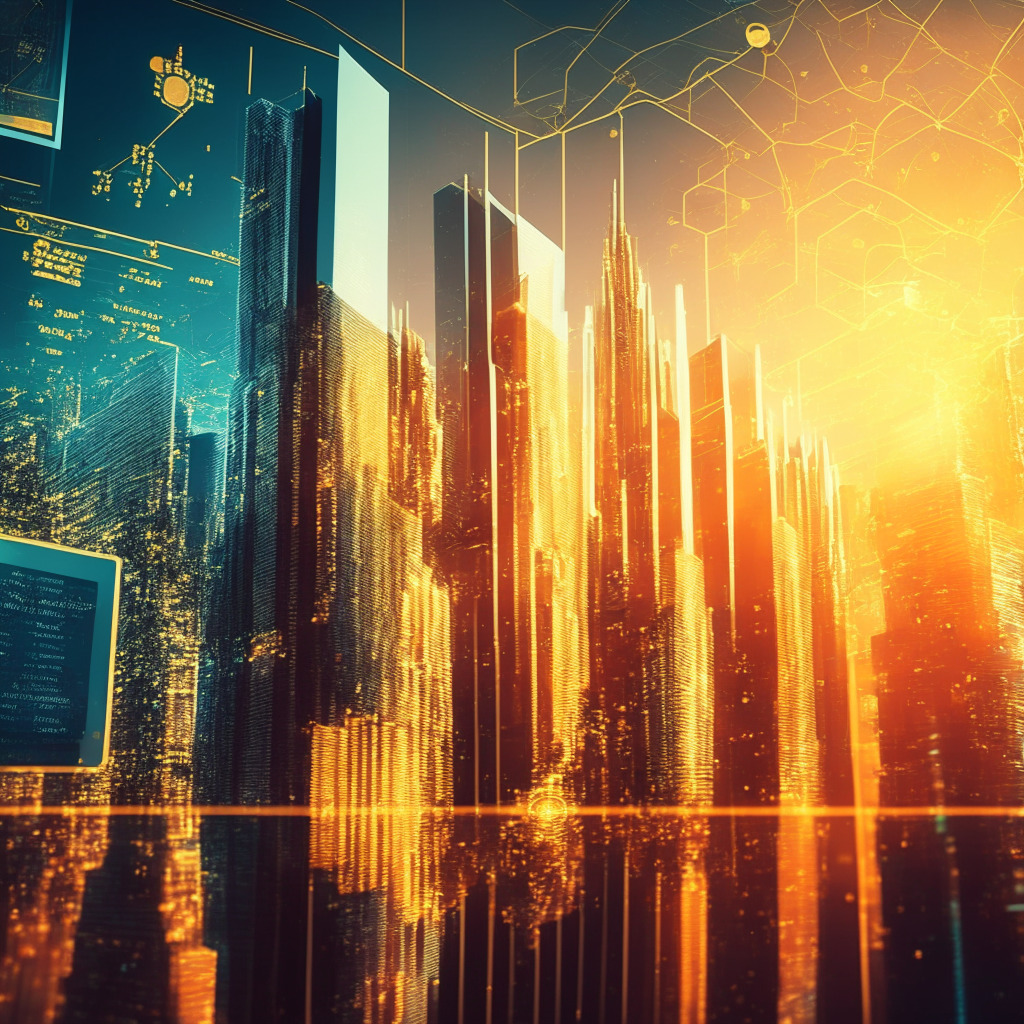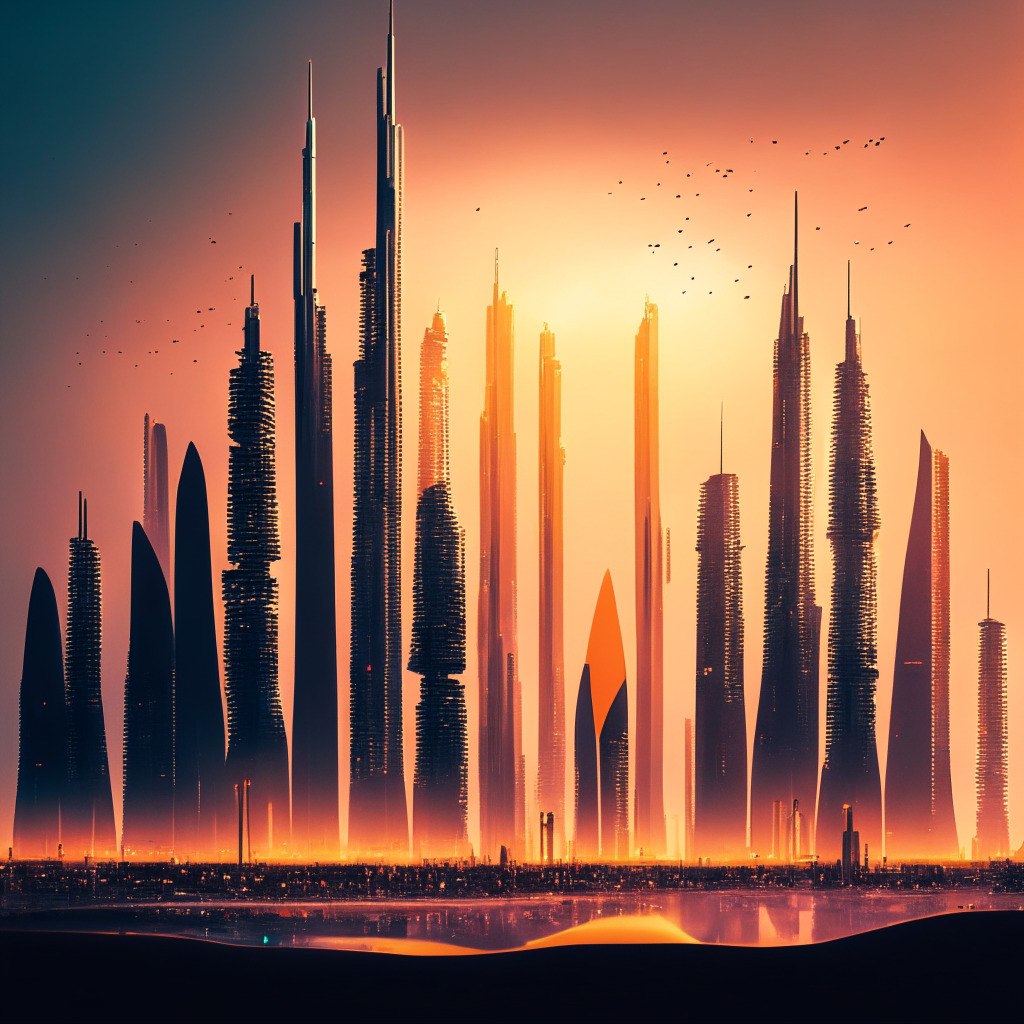The entertainment industry has seen a notable rise in the involvement of artificial intelligence (AI), and this rapid integration has experts in the field, as well as actors beginning to worry about the future of their profession. Justine Bateman, an actress and computer scientist known for her role in “Family Ties,” recently voiced her concerns over AI’s increasing capabilities for creating realistic images and videos.
Bateman draws attention to the need for actors to demand “iron-clad protection” against the misuse of their image and voice to maintain their livelihood. To ensure this protection, actors should turn to the Screen Actors Guild and the American Federation of Television and Radio Artists for assistance.
AI’s advancements in the entertainment domain have grown at an astonishing pace. Earlier this month, Midjourney, a popular generative AI image platform, launched version 5.1, enabling users to create visually striking images and deep fakes effortlessly. Consequently, the potential threat of AI becoming the future of content creation and replacing human talents is becoming a real discussion.
As an example, Justine Bateman mentions the Writer’s Guild of America (WGA), a prominent union in the entertainment industry with over 15,000 members. In their negotiations with the Alliance of Motion Picture and Television Producers, the WGA had proposed to block the use of AI for writing or rewriting literary material, source material, or AI training. However, this proposal was ultimately rejected.
With the launch of OpenAI’s ChatGPT last November, the race to bring AI into the mainstream has intensified, and concerns about AI’s potential takeover of the workforce are becoming more prevalent. WGA’s proposition exemplified their awareness of the threat AI poses in the near future.
The possibility of AI taking over an industry is well-demonstrated in other sectors as well. From stock trading to voice assistants and content moderation, AI is becoming an integral part of our daily lives.
While there are undeniable advantages to utilizing AI in the entertainment industry, such as reduced costs and improved efficiency, the potential consequences for human actors and content creators cannot be ignored. Industries must carefully consider the balance between technological advancement and job security for artists.
As Bateman points out, this is a crucial time for actors to ensure that their rights and interests are protected. The entertainment industry must start addressing AI’s potential disruptiveness and devise appropriate strategies to concurrently adapt to technological progress and preserve the value of human talents.
Source: Decrypt




